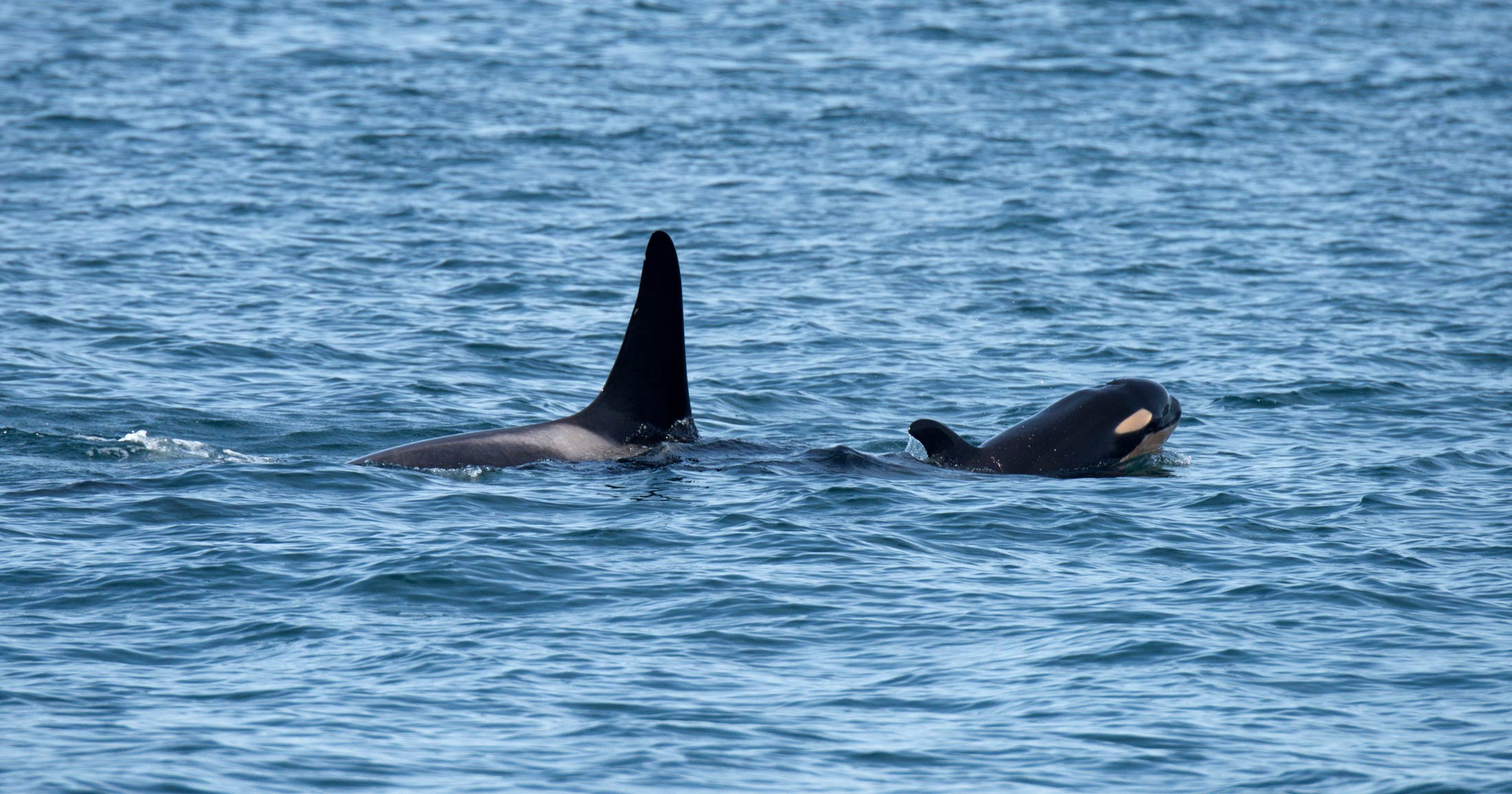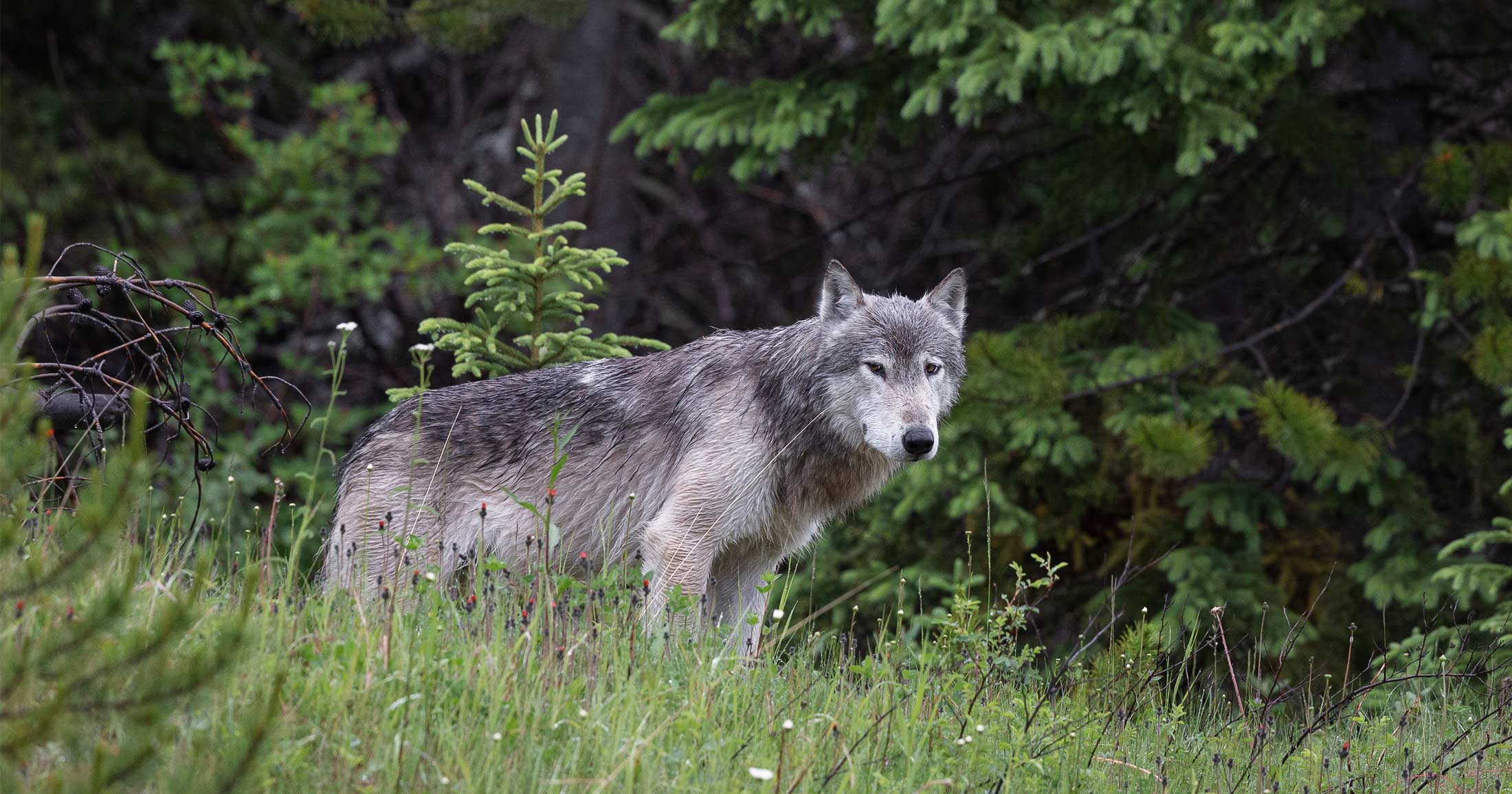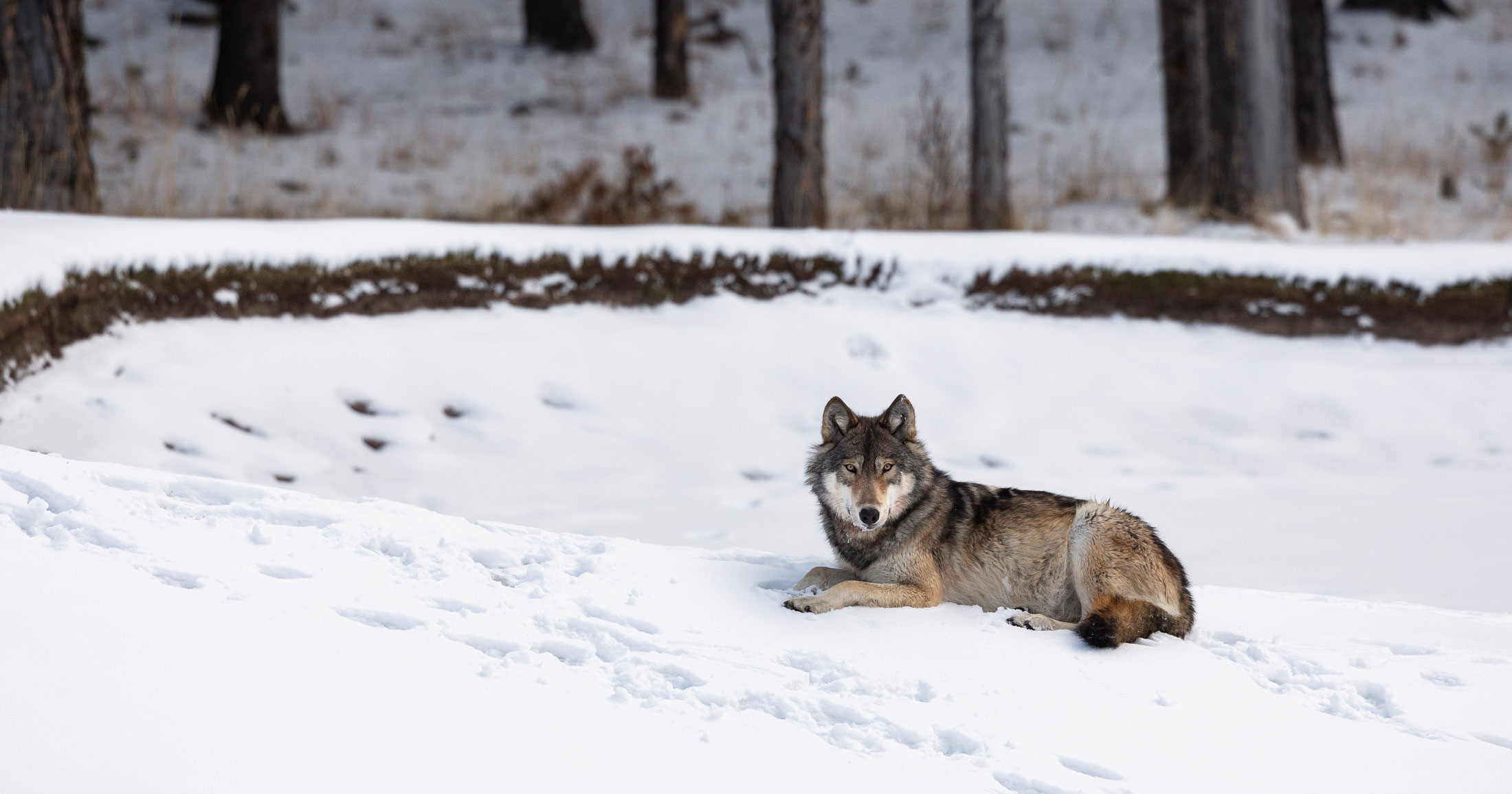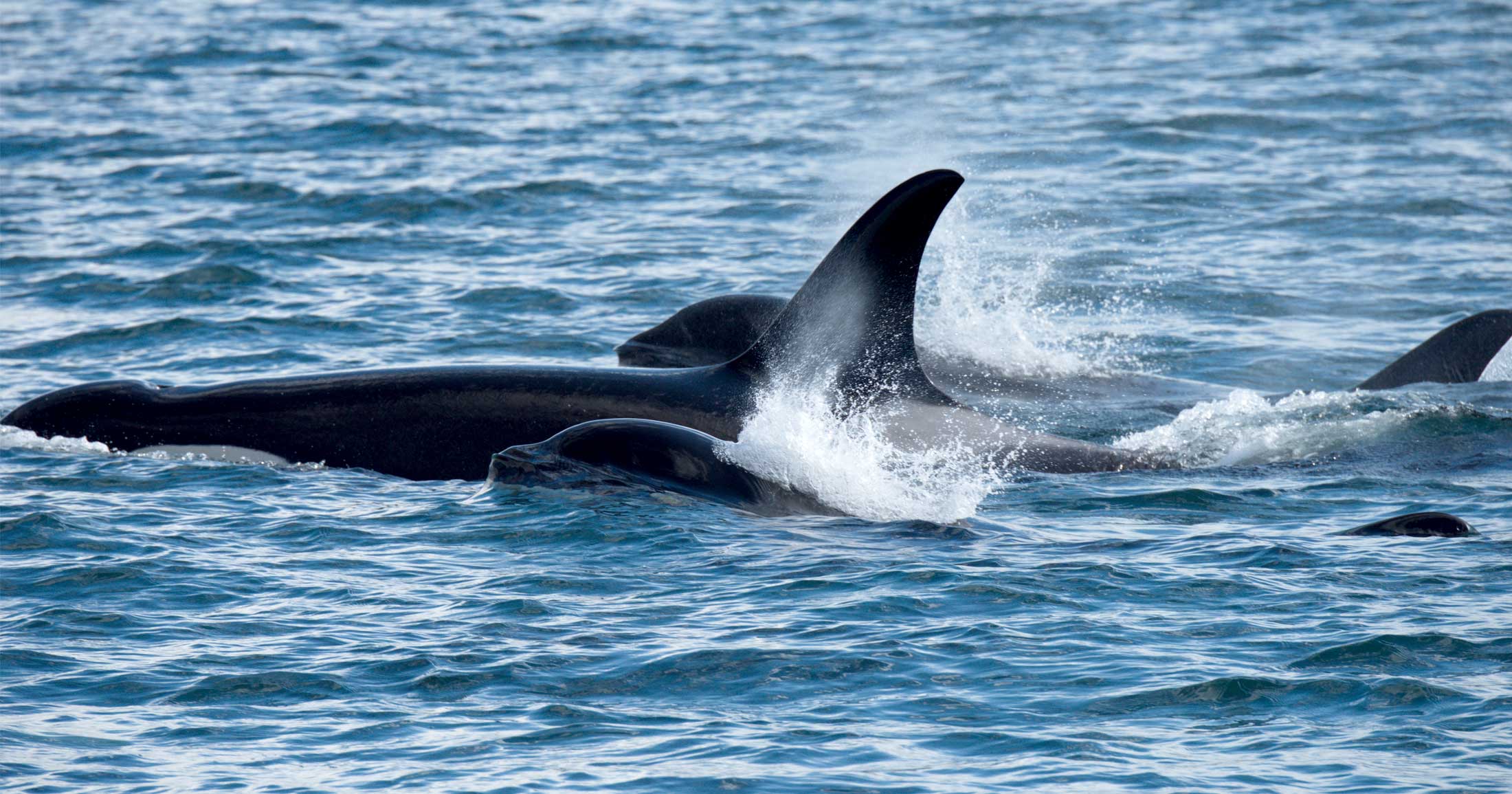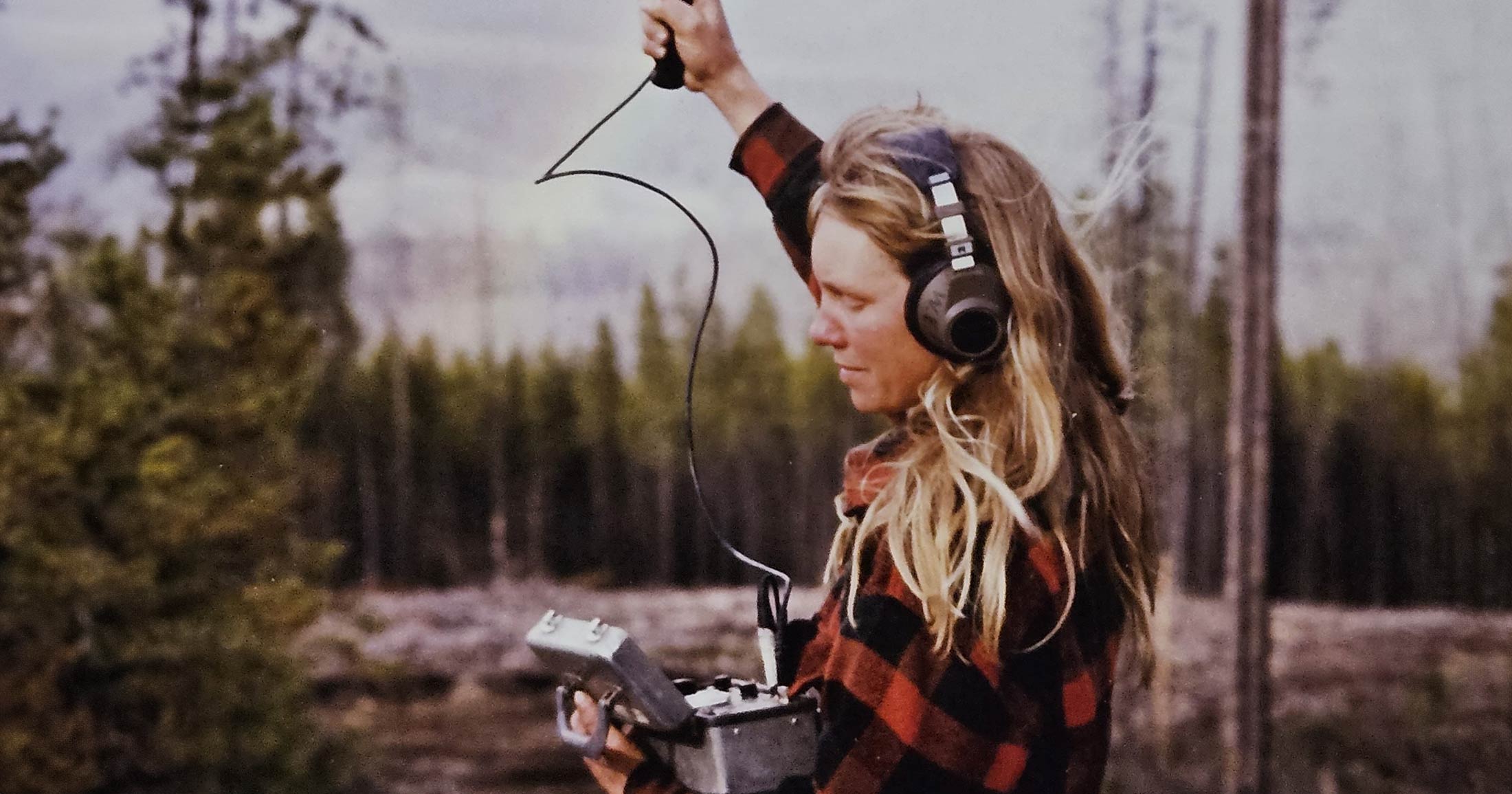Save the whales, take action
Southern Resident killer whales are critically endangered and they need your support to survive and recover.

Their salmon food supply is in decline and their waters are noisy and polluted. This population of just 73 animals (Fall 2021) has very low birth rates and premature deaths. The birth of recent calves offers hope, now governments need your encouragement to take further action.
[emailpetition id=”8″]
Suggested letter content
Dear Ministers,
I am writing to encourage you to implement the strongest possible recovery measures in 2022 to ensure the survival of Southern Resident killer whales. This endangered population of 73 animals (Fall 2021) has low successful birth rates and premature deaths of adult whales. These whales are iconic of the Pacific Northwest. Across Canada, people like myself have a significant interest in their survival and the survival of the Chinook salmon they depend on.
Please Improve prey availability by taking the following actions:
- Stop fishery removals of Chinook salmon prey in interception fisheries, before Chinook salmon enter the Salish Sea and when they are within the Salish Sea;
- Chinook fisheries should occur in terminal areas on known stocks/populations only;
- Implement fixed closures for key foraging areas in the Fraser River approaches and Juan de Fuca as originally identified by federal killer whale scientists in 2018;
- Implement a May 1st start date for foraging area areas fishing closures (versus July or August).
Please ensure compliance and enforcement of recovery measures by taking the following actions:
- Improve compliance with the government’s commercial whale-watch agreements by eliminating loopholes, improving monitoring and reporting requirements, and taking action against those who violate the order or agreements.
- Improve compliance and enforcement of the Transport Canada 400m distance order for all vessels, including commercial whale watchers, recreational fishing boats, and private vessels;
Please address acoustic disturbance by taking the following actions:
- Implement a regional approach to cumulative underwater noise management in the Salish Sea, with enforceable targets to reduce underwater noise;
- Do not approve any increases in shipping expansions (such as Roberts Bank Terminal 2) within the Salish Sea
Millions of Canadians are aware of the plight of these endangered whales. I look forward to hearing about the actions you are taking. I thank you for the measures taken so far and I look forward to your response to these requests.
Yours sincerely,
You can help
Raincoast’s in-house scientists, collaborating graduate students, postdoctoral fellows, and professors make us unique among conservation groups. We work with First Nations, academic institutions, government, and other NGOs to build support and inform decisions that protect aquatic and terrestrial ecosystems, and the wildlife that depend on them. We conduct ethically applied, process-oriented, and hypothesis-driven research that has immediate and relevant utility for conservation deliberations and the collective body of scientific knowledge.
We investigate to understand coastal species and processes. We inform by bringing science to decision-makers and communities. We inspire action to protect wildlife and wildlife habitats.


